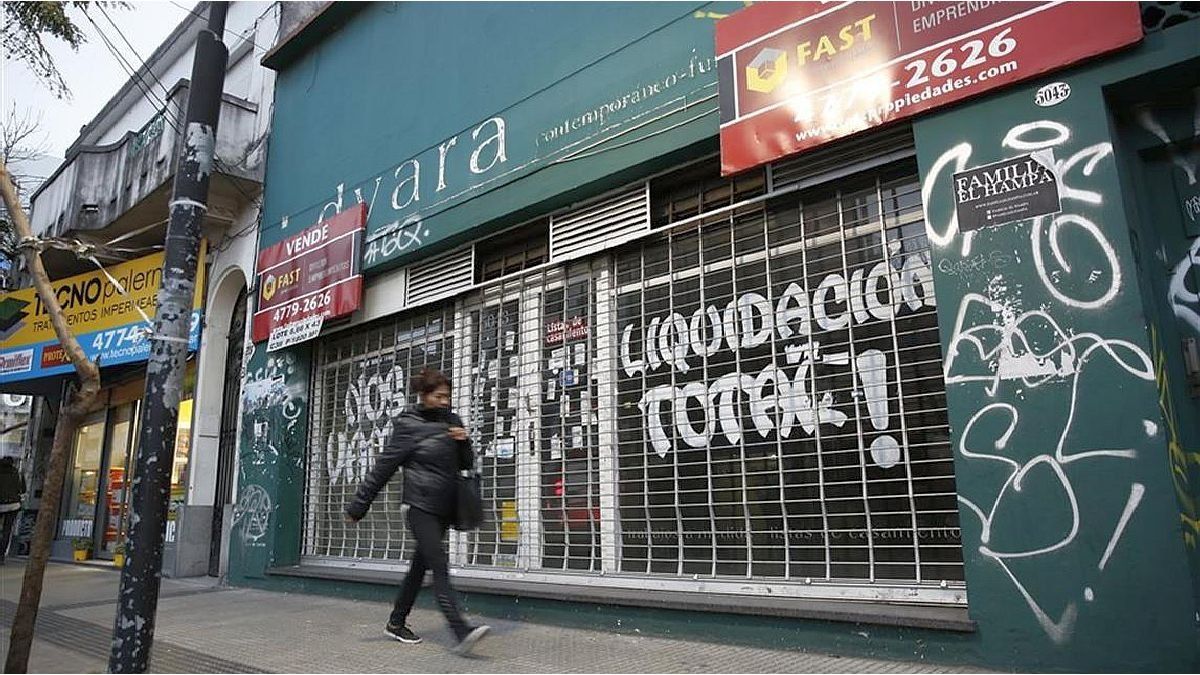economic situation
After years of crisis: Chemicals expects mini-growth in 2025
Copy the current link
Expensive energy and the weak economy are putting a strain on Germany’s third largest industrial sector. After difficult years, 2025 should be a little better. But the trees shouldn’t grow into the sky.
After the past years of crisis, the German chemical and pharmaceutical industry is looking to 2025 with little optimism. Production is expected to grow slightly by 0.5 percent and sales will stagnate, the Association of the Chemical Industry (VCI) in Frankfurt announced.
There is still a lack of orders, so that the chemical plants are underutilized. He expects further closures, said VCI President Markus Steilemann. His annual assessment: “One bright spot is that the rapid decline of the last two years has not continued.”
According to a representative VCI survey, the mood among industry companies is mixed: While a good quarter of companies expect an increase in earnings in 2025, another 26 percent expect earnings to remain the same and 46 percent expect a decline.
Weak German economy burdened
Energy-intensive chemicals are the third largest German industrial sector after automobile and mechanical engineering and are particularly affected by the comparatively expensive energy in this country. Due to the weak economy, many industrial companies are also reducing their production, which is affecting demand for chemical products.
It was only on Friday that the Essen-based specialty chemicals group Evonik announced a large-scale restructuring and BASF is facing job cuts that have not yet been quantified as part of its latest savings program. Overall, employment in the chemical and pharmaceutical industries has recently remained stable; in 2024 it was 477,000 people (minus 0.5 percent). Business in the pharmaceutical industry is robust.
Good shops with cosmetics
In the current year, the VCI expects a decline in sales of two percent to 221 billion euros; business was particularly bad in the home market. Production in the chemical and pharmaceutical industries grew by two percent compared to the previous year, but remained 16 percent below the 2018 level.
While basic chemicals grew in 2024 and made up for some of the slumps from previous years, fine and specialty chemicals suffered from the economic downturn. In contrast, production of cleaning products and cosmetics recovered thanks to higher consumer spending.
Hope for a new federal government
VCI President Steilemann called for an “economic policy liberation” in view of the early federal elections on February 23rd. Energy must become cheaper, bureaucratic burdens and taxes must be reduced, and permits must be granted more quickly.
The difficult environment for chemistry has long been noticeable among companies. Industry leader BASF has launched several savings programs with extensive job cuts and the dividend is being cut. At the same time, parts of the business are to be sold. BASF does not rule out the closure of further chemical plants at its main plant in Ludwigshafen.
dpa
Source: Stern




